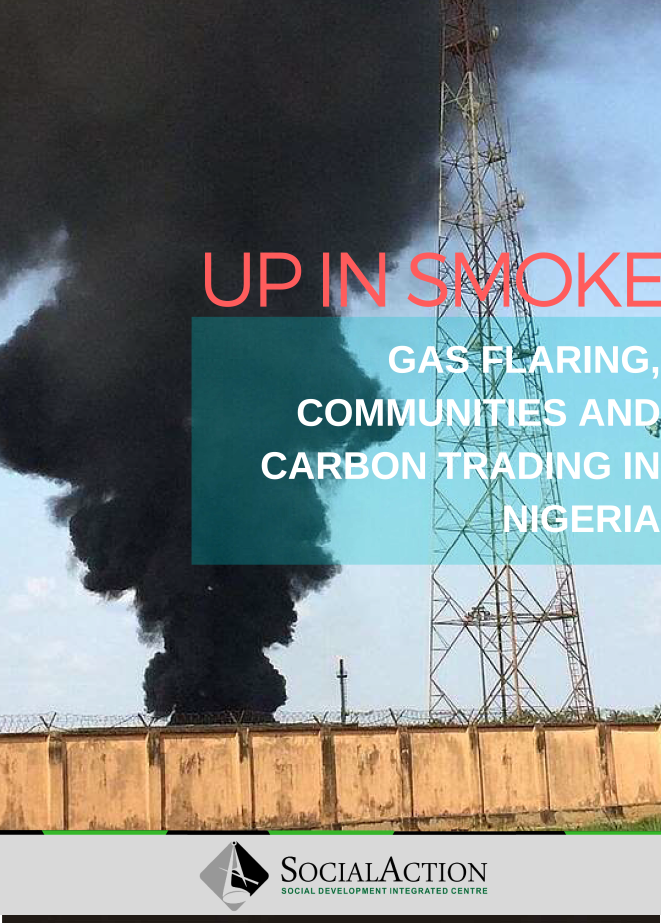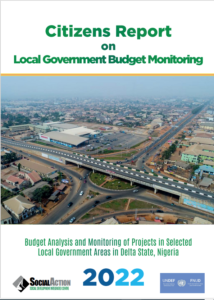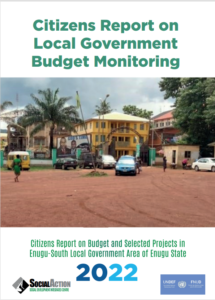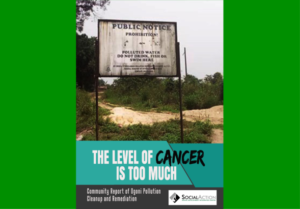UP IN SMOKE: Gas Flaring, Communities and Carbon Trading in Nigeria
The reduction of greenhouse gas emissions remains a global challenge, as climate change continues to adversely impact on all parts of the world, especially in developing countries. The Kyoto Protocol of 1997 introduced carbon trading through different schemes including the Clean Development Mechanism (CDM). Following the Paris Agreement of 2015, a new framework will be established for the international trading of carbon credits. However, there is a danger that the United Nations Framework Convention on Climate Change (UNFCCC) will replicate the infrastructure already established for the CDM and other existing carbon trading schemes, which failed to produce positive results.
This timely report presents examples of CDM projects in Nigeria to show that international trading of carbon credits fall short of the sustainability criteria. Through an examination of the impacts of two so-called gas flaring reduction projects by oil companies operating in the Niger Delta region of Nigeria, this report shows that the global carbon trading system is flawed and subject to manipulation by the same companies that are responsible for pollution in the global south. These companies exploit the CDM mechanism to make unjustified extra profit while not accounting for real emissions reductions. Meanwhile, the carbon market discountenances the demands for environmental justice by the communities that have borne the real cost of historical pollution





